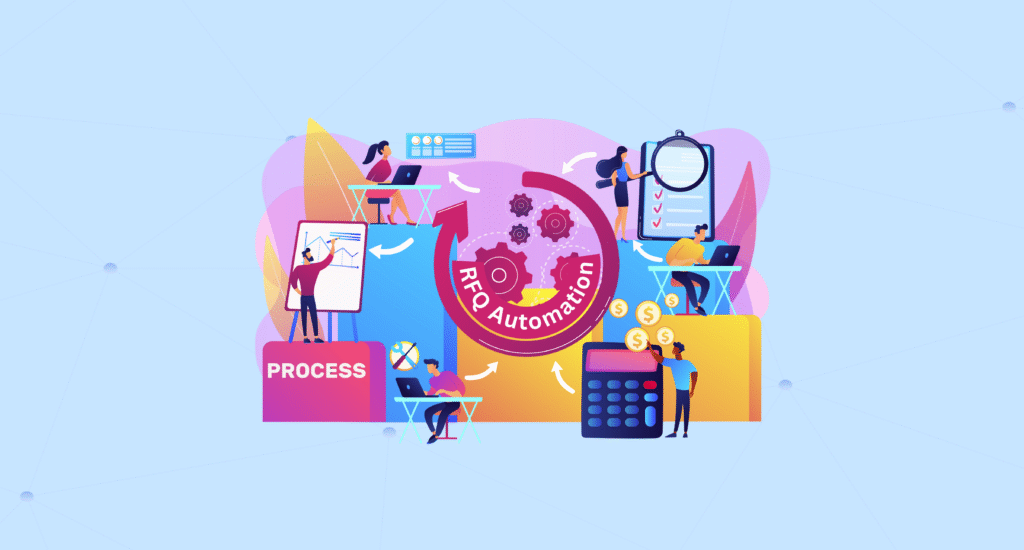Every business story starts with a product.
Whether it is tangible or intangible, every business offers a product that becomes the very core of its identity.
Product engineering, in simplest terms, is a process of taking an idea and converting it into a fully functional solution. But this journey from ideation to final development is not as straightforward as it may sound.
Product engineering services are divided into several stages, beginning with brainstorming, ideation, and conceptualization, progressing to data collection, architecture, mockup design, development, testing, and finally deployment.
This blog will cover product engineering in depth, including its many parts and what the future holds. So, let’s get started!
The Current Situation in Product Engineering
For organizations today, software product engineering services are like a lifeline. Research shows that the market is worth between $1.29 and $1.38 trillion right now and will be around $2.59 trillion by 2034.
But the field isn’t what it used to be. The traditional development method has changed because of new technologies like AI/ML, data science, digital twins, and generative AI.
A study also revealed machine learning’s potential to identify latent customer needs and identify 50% more market opportunities as compared to traditional methods.
The influence of new, cutting-edge technologies has led to faster, more robust, and more personalized outcomes.
Fueling Business Growth
Product engineering, now a household concept, has helped businesses build the right solution following the most optimal process. Businesses invest heavily in developing an idea into a product; thus, it is necessary to ensure that it works.
Here are some of the ways it is fueling business growth:
1. Ensuring High-Quality: From ideation to data collection and development, there are expert engineers and quality-control analysts who closely observe the process to ensure there are no anomalies and that the final product delivered meets the highest quality standards.
2. Reduced Time-to-Market: Product engineers, along with design and QA team members, work in harmony to ensure all the irregularities are detected during the early stages, significantly reducing the scope for delays and ensuring reduced time-to-market.
3. Cost Saving: Another brilliant feature of digital product development is cost saving. The development process followed is logical and methodical, minimizing technical and administrative glitches and loopholes, saving businesses thousands that may be spent in constant reiterations and failure.
4. Improved Customer Satisfaction: Out of all the digital solutions that are launched every year, many fail to impress the customers. The reason: not enough emphasis is given to customer attributes and buyer personas. However, product engineers perform thorough research on the target audience’s demographics, attributes, interests, etc., culminating in higher customer satisfaction.
5. Constant Innovation: With the introduction of new technologies such as AI/ML, generative AI, and data engineering, engineers are constantly innovating. They’re experimenting and creating solutions that are not only appealing on paper but are also capable of solving real-world business challenges.
Future Trends and Forecasts
The technology paradigm is shifting, and with cutting-edge technologies, engineers are able to deliver solutions that are more efficient and reliable.
Here are some of the future trends and forecasts to watch out for:
1. Artificial Intelligence will Become Key
In 2025, AI will become a key part of every stage of the software development life cycle (SDLC), automating up to 40% of manual activities. AI and generative AI are already being integrated into various stages, like development, coding, and testing. This process helps companies automate redundant tasks and significantly reduce time to market.
2. AI-driven Personalization for Customer Satisfaction
With the help of AI, machine learning, and data science, experts are able to get valuable insights about customer behaviour and response. This is contributing to creating highly personalized solutions. Research by Deloitte has revealed that 36% of consumers are happy to pay a premium for solutions that are personalized for them. Additionally, 48% of the consumers are more likely to purchase customized offerings rather than the generic ones.



3. Sustainability will Become the Core of the Product
Ecological concerns are rapidly growing, and more businesses are exploring solutions that foster sustainability by reducing their carbon footprint and striking a balance. A report by Arbor also suggests that 72% of consumers are ready to pay a premium price for sustainable products & solutions.
Thus, more businesses will be willing to reduce their carbon footprint, source sustainable materials, and follow sustainable processes while developing goods.
Arna Softech: Leading the Way for Businesses with Product Engineering Services
At Arna, we carry over a decade of experience in transforming businesses with our product engineering services. With our sound technical expertise in AI, machine learning, DevOps, and data science, we deliver robust, functional, and scalable solutions that withstand the changing industrial demands.
We value customer satisfaction. We also understand the reservations that business owners and decision-makers may have while adopting a new technology or building a new solution. Therefore, our team focuses on understanding current challenges and creating a technology roadmap that removes the barriers.
If you have a revolutionary product idea, we can be your digital partners in bringing it to life. To explore more, you can schedule a free demo call with us!



